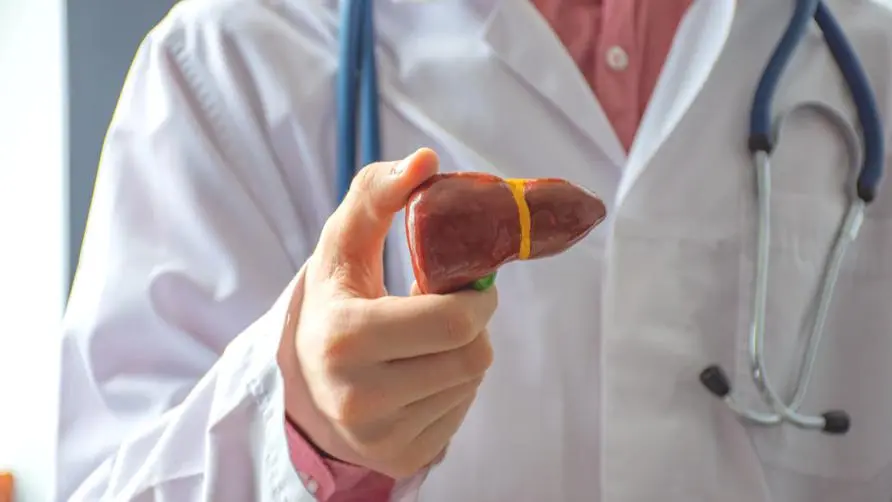Is not having freedom of wealth really "dead"? Research: The "mortality rate" of bankrupts is 50% higher, and it may be even worse if you don't have a car or a house

Is a financial crisis likely to be “life-threatening”? JAMA study: 50% higher mortality rate
Could losing all your wealth overnight be associated with a higher mortality rate? A new paper published in the Journal of the American Medical Association (JAMA) suggests that negative wealth shocks could threaten “life itself.” The researchers examined mortality from any cause in a sample of 8,714 adults aged 51 to 61, with random visits conducted every 2 years at the beginning of the study period from 1994 to 2014.
The research team divided the sample into three groups: one group, accounting for 67% of the sample, maintained continuous positive wealth during the 20-year period; the second group, the “asset poverty group” (7%), was dominated by people with zero or negative net household wealth. . Finally, there is the “negative wealth shock” group (26%), who have experienced negative assets or bankruptcy for at least 1-2 years, and their family wealth has dropped by at least 75%.
After applying statistical controls, the mortality rate in the negative wealth shock group was 50% higher than in the positive wealth shock group. At the end of the 20-year study, more than half of the population in the negative wealth shock group was dead, compared with less than 30% in the positive wealth shock group. Mortality rates among those who suffered a wealth shock were comparable to those who started the study with “nothing.”
Is the economic recession causing cardiovascular disease and suicide rates to rise? “2 indicators” may be the biggest risk factor
The study also had several specific findings: First, women, minorities, and people who were divorced, widowed, or never married at the start of the study were particularly vulnerable to negative wealth shocks; second, if it involved the loss of a primary residence or important assets, For example, cars, stocks, etc., the risk of death caused by negative wealth shocks is particularly serious; third, regardless of people’s initial net wealth, the risk is the same: becoming rich before a financial shock has no protective effect.
As the “JAMA” study found, the direct cause of the increased mortality among people who suddenly lose wealth is suicidal behavior caused by “depression” and “anxiety” disorders. Followed by impaired cardiovascular function and drug abuse. The reduction in household financial resources is more likely to lead to a worse prognosis for the above diseases. Delaying the medical care you need because of financial constraints can lead to long-term health consequences, including increasing your own mortality.
In addition, according to a study published in Social Science & Medicine, the research team tracked older Americans during the five-year period from 2005 to 2010, and experienced the 2008 global economic recession. The research results show that two stress response biomarkers may be the main cause of the increase in physical diseases. One is “vasosystolic blood pressure”, which is an indicator of heart function and can predict chronic diseases and premature death; C-reactive protein, an inflammatory marker produced by the liver, is associated with the risk of coronary heart disease, cancer, diabetes, stroke and premature death.
Will “getting rich overnight” make you healthier? Study: “Three bad habits” are on the rise
According to the above research, negative financial shocks may have adverse health consequences; however, do “positive” wealth shocks have positive health effects? The answer is probably not so. Research in “Health Economics” shows that the correlation between a dramatic increase in wealth and physical health is “very weak”. The subjects’ “subjective well-being” seems to have increased slightly, but their physical health has hardly improved.
The study pointed out that receiving an inheritance, becoming rich overnight, or winning the lottery in the experiment had no significant impact on self-assessed overall health. Research shows that the possibility of this situation is: subjects who have received unexpected wealth tend to engage in more social activities in the short term, many of which are related to smoking, drinking, and abnormal sexual behavior. Therefore, when their income is positively affected, Health may not improve after a shock.
Source:
The physiological impacts of wealth shocks in late life: Evidence from the Great Recession
Winning big but feeling no better? The effect of lottery prizes on physical and mental health
Further reading:





